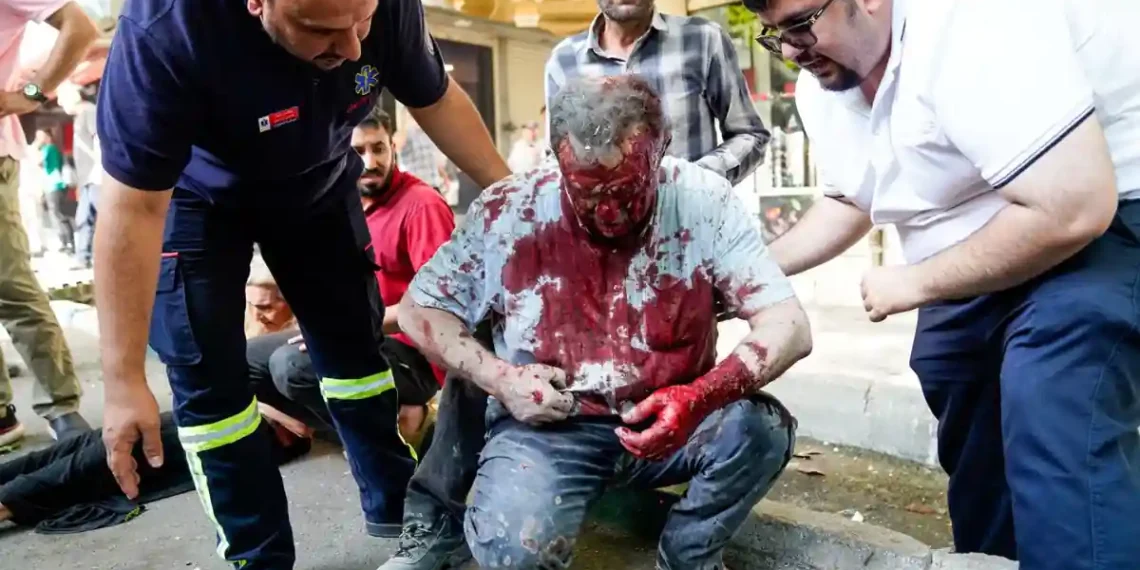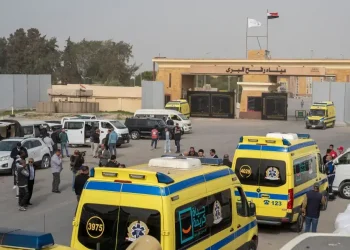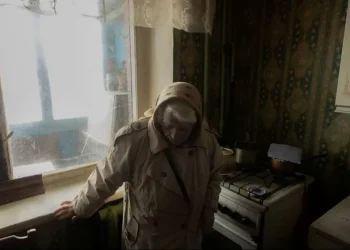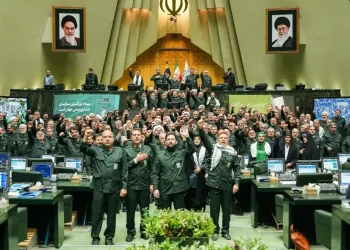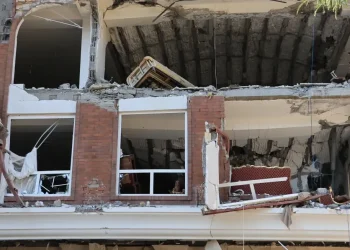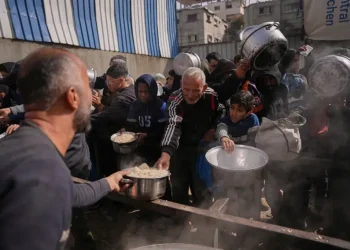Israel Walks Back Threat to Tehran Civilians After Strikes Spark Tensions with Iran
In a tense and rapidly evolving conflict between Israel and Iran, Israeli Defense Minister Israel Katz clarified on Monday that Israel has “no intention” of harming civilians in Tehran. The statement appeared to dial back an earlier threat suggesting that residents of the Iranian capital would soon “pay the price” for Iran’s recent attacks on Israeli soil.
A Threat, Then a Walkback
Katz’s initial comment, made in response to Iranian missile strikes that killed at least eight Israeli civilians, caused an uproar on social media and among foreign observers. He warned that Tehran’s population would “pay the price, and soon”—a phrase widely interpreted as a threat of retaliatory attacks that could affect civilians.
Just hours later, the defense minister took to X (formerly Twitter) to clarify:
“There is no intention to physically harm the residents of Tehran, unlike what the murderous dictator [of Iran] is doing to the citizens of Israel,” he said.
He added that Israel’s retaliation would focus strictly on regime and military infrastructure, not civilians. Still, he warned that Tehran residents living near such targets may need to evacuate, as strikes could be imminent.
“Tehran residents will have to pay the price of the dictatorship and evacuate their homes in areas where it will be necessary to strike regime targets and security infrastructure,” Katz wrote.
Iran-Israel Conflict: A Long-Simmering Rivalry
The latest round of violence marks one of the most dangerous escalations in decades between two bitter regional rivals.
Tensions between Israel and Iran have simmered for years, fueled by deep ideological, political, and military hostilities. Iran backs militant groups like Hezbollah and Hamas—groups that are openly hostile to Israel—while Israel has repeatedly targeted Iranian military assets in Syria and elsewhere, aiming to prevent Iran from gaining a stronger foothold in the region.
But this current exchange is different in scale and visibility.
What began with Iran launching a barrage of missile and drone attacks—reportedly in response to a suspected Israeli strike that killed Iranian generals in Syria—has now escalated into open military strikes by Israel on Iranian soil, including in the capital, Tehran.
Mounting Civilian Casualties
According to Iran’s health ministry, at least 224 people have been killed since Israel launched its counterattacks overnight into Friday. While Israel says it has taken out several high-ranking Iranian military figures, the toll on civilians is rising. Iranian state media has shown images of damaged residential buildings and chaotic scenes in hospitals overwhelmed with casualties.
Israel, meanwhile, is also reeling. Iranian strikes earlier this week left at least eight Israeli civilians dead, drawing widespread condemnation and raising fears of an even larger war.
Global Reactions and Rising Fears
The international community is closely watching, with diplomats urging both sides to exercise restraint and avoid dragging the Middle East into a broader regional war. But so far, neither government appears ready to back down.
Israel’s rhetoric, though slightly softened by Katz’s clarification, still carries a clear message: its military campaign is far from over.
As for Iran, the government has vowed that any Israeli attack on its territory will be met with even stronger responses, deepening concerns about where this tit-for-tat exchange could lead.
Civilians Caught in the Middle
With both countries trading fire, civilians remain the most vulnerable. From families in Israeli cities running for bomb shelters to Tehran residents watching military aircraft fly overhead, fear is mounting on both sides of the divide.
Israel insists it is targeting only military infrastructure. But as the recent death of over 200 people in Iran shows, in a conflict this heated and high-stakes, collateral damage is almost inevitable—and the human cost is growing by the day.
This article was rewritten by JournosNews.com based on verified reporting from trusted sources. The content has been independently reviewed, fact-checked, and edited for accuracy, neutrality, tone, and global readability in accordance with Google News and AdSense standards.
All opinions, quotes, or statements from contributors, experts, or sourced organizations do not necessarily reflect the views of JournosNews.com. JournosNews.com maintains full editorial independence from any external funders, sponsors, or organizations.
Stay informed with JournosNews.com — your trusted source for verified global reporting and in-depth analysis. Follow us on Google News, BlueSky, and X for real-time updates.
